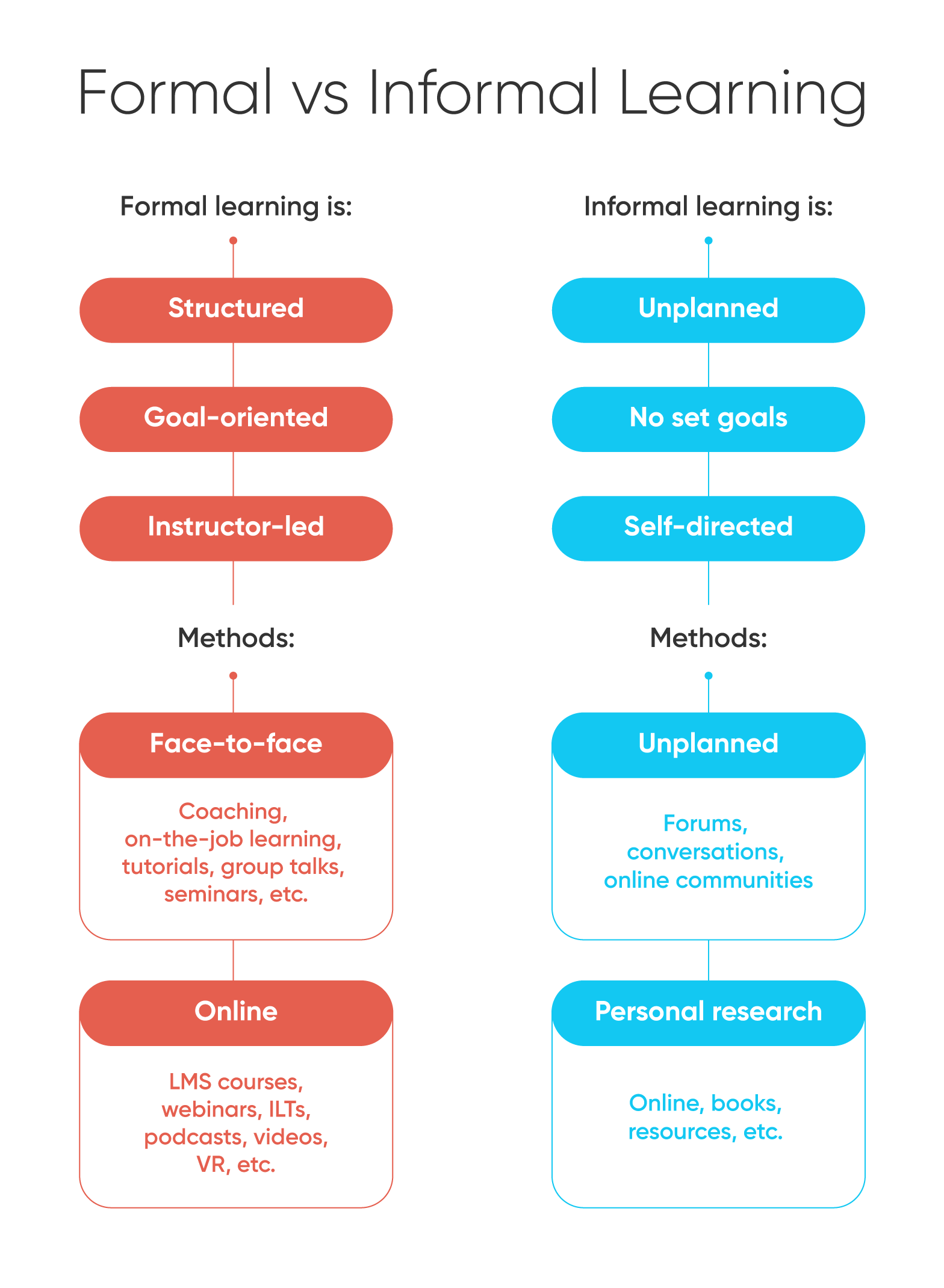

Any process of teaching which involves supervision, instruction, set plan, definite aim, and principles amount to formal education. Therefore, both teachers and taught are fully conscious of the process and proceed accordingly. So also the transmitter teacher is also conscious of the end in view. When the child goes to school, he is to be formal and act according to the discipline of the school. It is synonymous with direct schooling, instruction, and tuition. Therefore the school system has been originated.įormal education is consciously and deliberately planned with a specific end in view. But due to the population explosion, the explosion of knowledge, technological progress, industrial advancement, and the complex nature of society, the old system: became ineffective to transmit cultural heritage to the rising generation.Įverybody realized to entrust the work to a formal agency to discharge its function satisfactorily. In the past, the child imitated his living in a family, society, social training, and vocational training. To know how informal Education differs from formal and non formal education, Let’s study what formal and non formal Education is. This informal education is nothing but the modification of behavior that comes about necessarily and spontaneously without any conscious and deliberate effort for it.

However, there is no prescribed course for learning, no fixed timetable, and no formal ways of education. Such training is possible due to his living in the family and community. In his early years, he learns the basic control and the use of his body, learns his mother tongue, and imbibes certain virtues most essential for life. A child learns more through informal ways. The child learns many habits, skills, manners, attitudes, and patterns while he lives, moves, and comes in contact with home, society, and groups. It starts from birth and goes on till death.īut any specialized agencies do not impart the purpose. Such a kind of education is not confined to a place and time.

It is casual and gained through daily experience, work, and activity. Informal-Education not systematic and pre-planned. It takes place both consciously and unconsciously. Informal education is also called incidental education. People learned the trick of the trade of their parents through actually living in the community by participating in different activities. In the past, before the origin of the school system, education was the acquisition of knowledge in an informal way. To understand the difference between these three types of education, Let me explain Formal, Informal, and non Formal Education (types of education) separately. Those several ways can be broadly categorized into three types of education: Man acquires knowledge from so many sources, and several ways. After realizing the importance of education, humans emphasized the acquisition of knowledge.

Types of Education: Formal, informal, and Non formal EducationĮducation is not a new concept. Types of Education: Formal, informal, and Non formal Education.To date a total of 28,204 individuals have been issued Certificate in Participation in the various SLP courses. All SLP courses are fee and fully-funded by the government. The training is open to all with a minimum age of 15 years. SLP offers a two-week face to face basic training with students required to participate in both theory and practical components. The training expanded its base in 2012 following the growing demand from communities, and consequently the courses offered grew to 16. Provide an insight in the productive use of available natural resources to challenge individuals to start their own businesses.Īt its inception, there were only four courses provided for SLP training: Wooden House Construction, Basic Cookery & Patisseries, Small Engine Repair and Domestic Electrical Installation.Encourage/motivate young people to pursue further studies.Help alleviate poverty and unemployment.Develop and empower human resources for these communities with practical skills that can assist individuals, families and community developments.To promote development in rural and maritime communities, peri-urban centres and informal settlements.One method the department delivers on this is via the Sustainable Livelihood Project (SLP). Community Based Non-Formal Education and Training – NTPC remains committed towards empowering sustainable livelihood in rural and maritime communities through its Non-Formal Education Department.


 0 kommentar(er)
0 kommentar(er)
